Learning Law and Democracy Foundation
Learning Law and Democracy will enhance civic education across Minnesota by increasing the value of teachingcivics.org through redesigned architecture and an updated look and feel along with the addition of new lessons and user instructions. Student programs supported with this grant will also experience a redesign to capitalize on the renovated State Capitol and new Senate Building and will benefit from new partners and teachers with increased capacity to teach through professional development.
Learning Law and Democracy Foundation: Civic Education for a Strong Democracy – Learning Law and Democracy Foundation's "Civic Education for a Strong Democracy" project will increase the quality and reach of LLAD's student civic education programs and enhance the value of the website teachingcivics.org through a redesign that provides engaging tools for students and teachers to facilitate authentic conversation, collects important impact data, and connects educators with new and improved resources. Professional development and community engagement will support this effort.
$150,000 each year is for grants to the Minnesota Civic Education Coalition: Kids Voting St. Paul, the Learning Law and Democracy Foundation, and YMCA Youth in Government to conduct civics education programs for the civic and cultural development of Minnesota youth. Civics education is the study of constitutional principles and the democratic foundation of our national, state, and local institutions and the study of political processes and structures of government, grounded in the under-standing of constitutional government under the rule of law.
1. Increased website value through total redesign 2. Increased teacher capacity through professional development Institutes (3-5 days) for 65 teachers, include instruction on redesigned website, new materials 3. Increased teaching options by adding 100 additional lessons, vetted, aligned on the website 4. Increase educators using the website by 50% per year to 6,000 sessions (Minnesota) accessing 18,000 lessons 5. Engage 1,500 students in We the People, Project Citizen Statewide program events and other civic education programs
1. More than doubled the number of K-12 students who participated in a Kids Voting election this fall. More than 115,000 Minnesota students participated in more than 75 school districts. 2. Minnesota Civic Youth developed a comprehensive website for educators. We worked with educators to solicit their ideas and desires for a website resource, then worked with them to create several new features, including a teaching framework for this specific election. You can find the website at www.mncivicyouth.org/educators 3. For Youth on Boards, cohort of 11 high school students from four different Ramsey County high schools has met more than a dozen times as a group lead by our cohort facilitator.
$150,000 each year is for grants to the Minnesota Civic Education Coalition: Kids Voting St. Paul, the Learning Law and Democracy Foundation, and YMCA Youth in Government to conduct civics education programs for the civic and cultural development of Minnesota youth. Civics education is the study of constitutional principles and the democratic foundation of our national, state, and local institutions and the study of political processes and structures of government, grounded in the under-standing of constitutional government under the rule of law.
1. Complete the redesign of the teachingcivics.org website, adding student and teacher engagement tools such as polling, forums, conversations, and data collection which will help build stronger civic education efforts throughout the state.
2. Add 100 lessons to teachingcivics.org and continue to update content and links.
3. Enhance student programs by (a) increasing the number of students and schools participating in grant supported civic education student programs with particular focus on high needs schools; (b) updating programs by integrating technology when appropriate; (c) providing professional development for teachers; (a)promote student programs such as We the People and Project Citizen in communities that currently are not participating on either a local or state level. (b) In some cases, the use of technology to connect students in different communities with statewide events will help expand program participation and will be pursued by using technology already available in communities. (c)Teachers will be supported in their efforts to implement high quality civic education using proven practices through professional development experiences. This programming will be co funded by grants from the Minnesota Department of Education and others (currently the federally funded James Madison Legacy Project). For example, the Legacy grant will provide critical resources to support LLAD's Update Institute which focuses on Minnesota and federal civic knowledge content and current issues.
4. Help partners conduct high quality civic education programs through activities such as professional development support, program design consultation, and stronger civic education partnerships.
Website: (Proposed outcomes 1 and 2) Website redesign partially completed, . Much of the information architecture is completed, some minor redesign of the search tool needed. Graphic design was not accepted. Engagement tool of polling was added; others were not completed. LLAD is seeking new developer. 786 lessons were reviewed, updated. Users: 3836 Minnesota users accessed lessons 14,556 times. Average number of pages accessed per session went from 2.14 to 2.71 2.29% are new users this past year. We use Google Analytics to measure our outcomes.
Student Activities: WTP 78 students (up 39%), 30 teams for the annual We the People State Showcase Dec 12, 2017. In addition, 11 more teachers/schools held simulated hearings in their schools. May 15, 2018 Project Citizen at State Capitol 36 projects, 149 students (31% increase); Three new teachers in St Louis Park are going to have their 9th grade students participate in Project Citizen this coming year, joining Chaska Middle School having all students participate.
Professional Development: 208 teachers were supported in their efforts to implement civic education with their students through high quality professional development in civics and government. When possible, these efforts are co funded/co sponsored and vary from one hour to 4 days.
